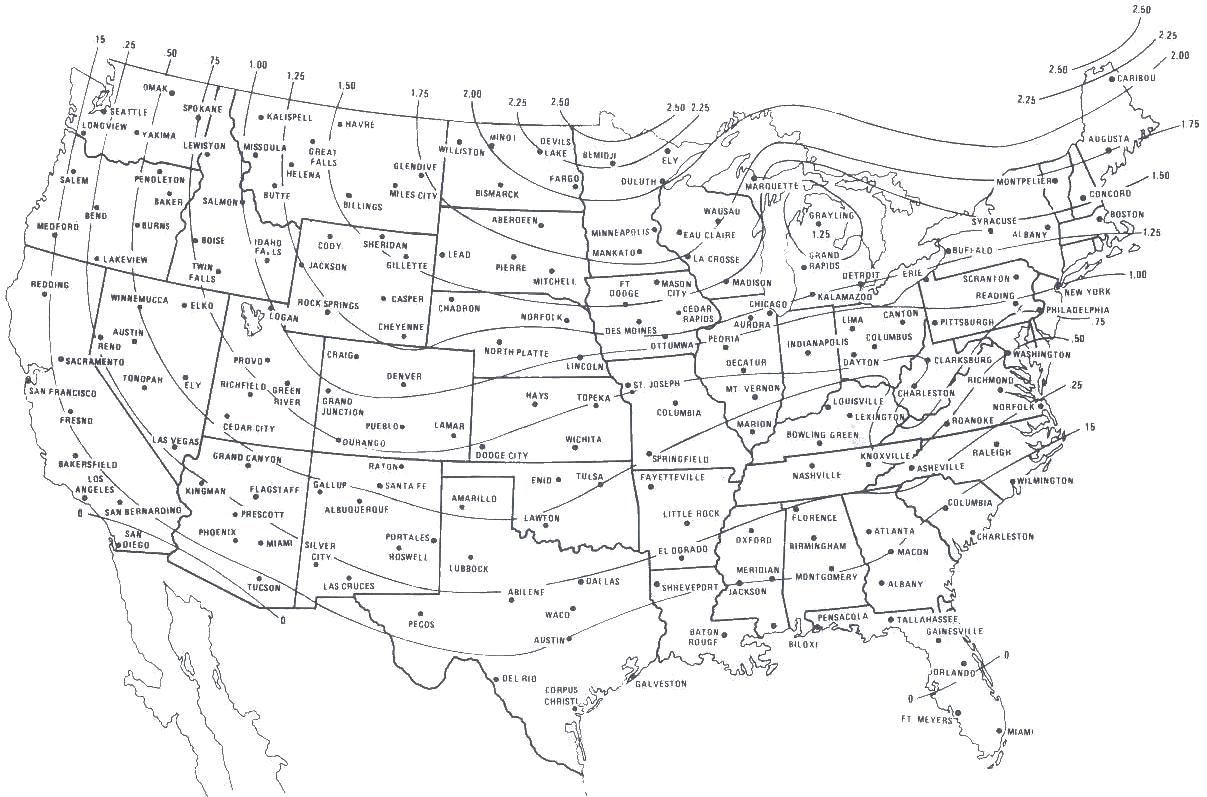I have seen advice on the main drain, how to blow it out. When I first bought this house, I found as other's have that I could not get the drain to bubble no matter what. I talked to the previous owner and he has said he just sealed up the main drain. This I did not want to do. I have also discovered that pouring a gallon or so of the RV antifreeze seems to be heavier than water (maybe on purpose), and it actually seems to evacuate your skimmer of water too. I poured some antifreeze into the skimmer (which had water in it and the skimmer to filter line was plugged) and the antifreeze actually went down the main drain line and even emptied the skimmer of water. I could also see some blue antifreeze come out of the bottom where the MD line was.
I do not believe that the MD has a leak in it, because I have found that I can run my pump entirely with a diverter valve, with the waterline of the pool actually below the skimmer, and the pump does not "lose prime".
I read stories here about people applying 20-30 lbs of pressure on the MD line trying to blow it out and it seems to me that they may actually be doing more harm than good. Are the lines designed to take that much pressure? (Not a rhetorical question, I have no idea).
My current regimen is to pour a gallon of RV antifreeze down the MD line and seal it up for the winter (in addition to normal blowing out of lines).
I do not believe that the MD has a leak in it, because I have found that I can run my pump entirely with a diverter valve, with the waterline of the pool actually below the skimmer, and the pump does not "lose prime".
I read stories here about people applying 20-30 lbs of pressure on the MD line trying to blow it out and it seems to me that they may actually be doing more harm than good. Are the lines designed to take that much pressure? (Not a rhetorical question, I have no idea).
My current regimen is to pour a gallon of RV antifreeze down the MD line and seal it up for the winter (in addition to normal blowing out of lines).


